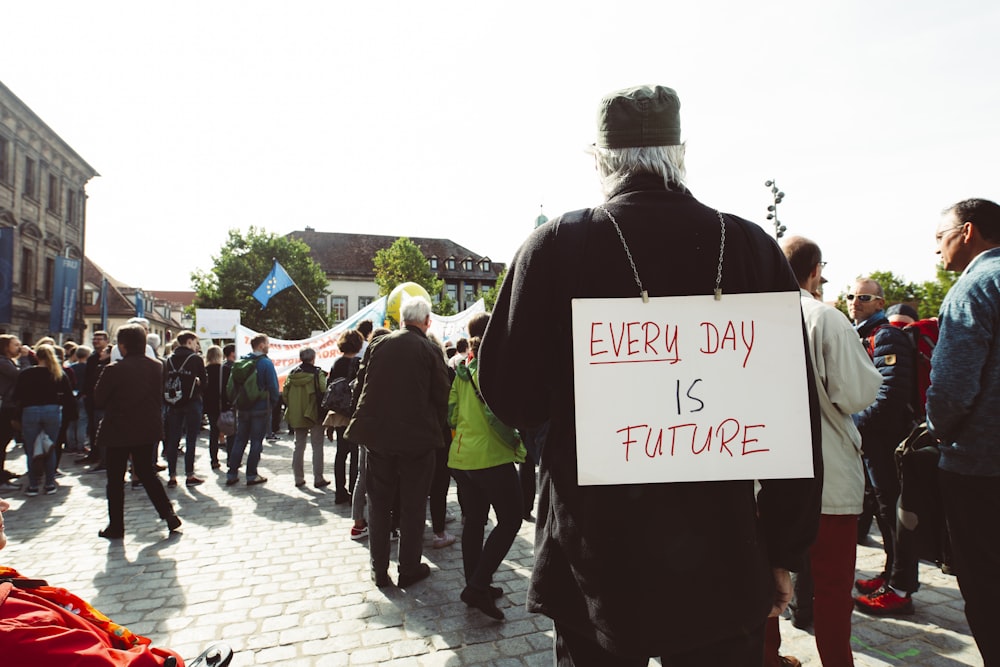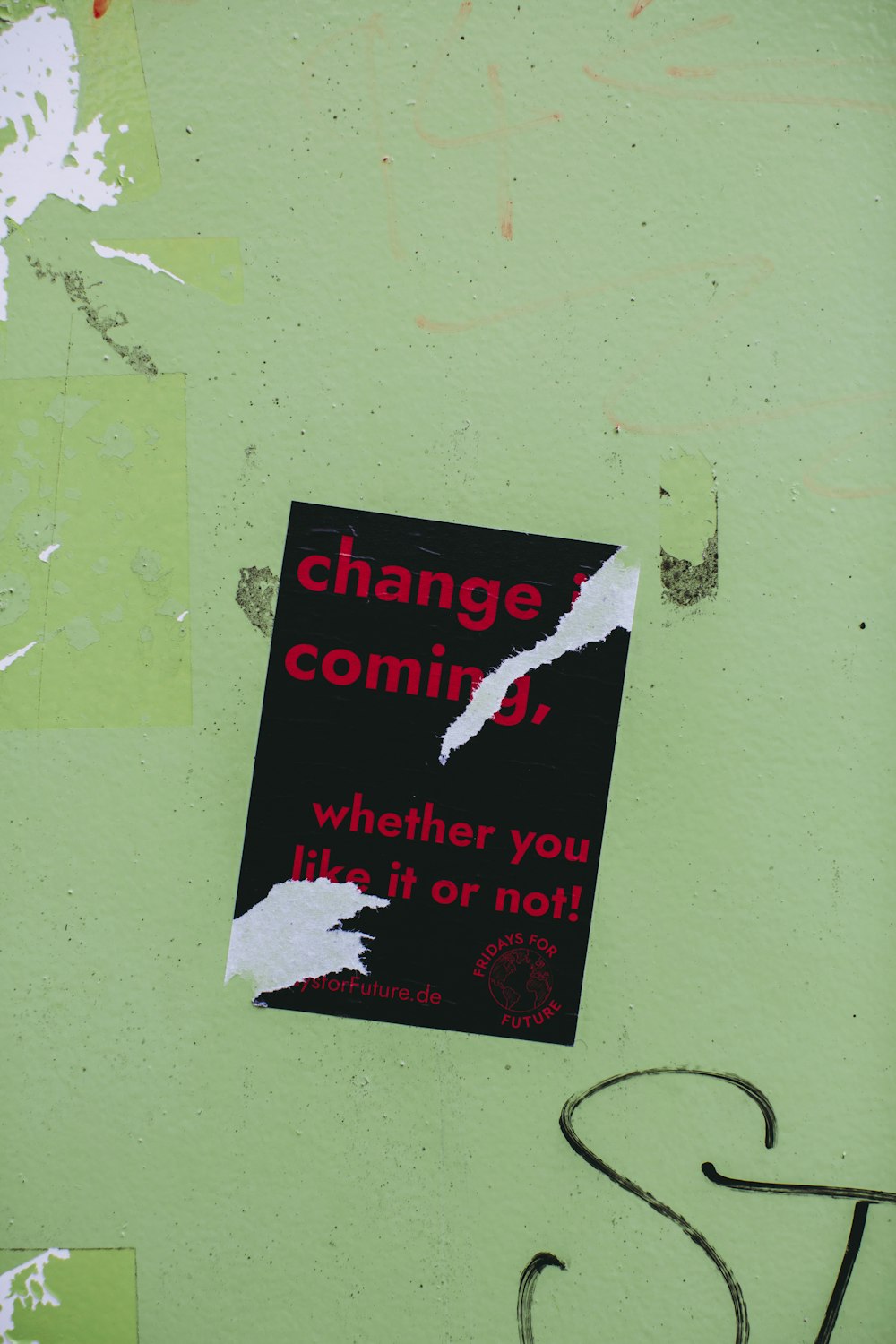‘बदले की नहीं, बदलने की भावना हो’
समाज में सब समान हो, कल नहीं, जो हो आज हो
सबको करने को काज हो, राम राज हो, राम राज हो
बदलाव में बदले की नहीं, बदलने की भावना चाहिए
सदैव सबका अच्छा हो, हाँ ऐसी सत्कामना चाहिए
इन्द्र धनुष सी सतरंगी हो चार दिनों की चाँदनी
सच से साक्षात्कार हो, खुद से खुद का सामना चाहिए
ये माना, बुराइयाँ समाज में यत्र-तत्र-सर्वत्र व्याप्त है
पर सोच शतुरमुर्ग-पन तेरा, क्या वास्तव में पर्याप्त है
जैसा है वैसा का वैसा, ना कदापि स्वीकार करेंगे हम
दलदल है ये कुरीतियाँ, जो आज समाज को प्राप्त है
बदले वाली अगर भावना, प्रचुर-मात्रा में विद्यमान
बदला लो निज-दुर्गुणों से, खिल उठेगा मन-खलिहान
अहंकार में अहम छुपा है, अहम मैं हम नहीं ‘मैं’डूबा है
स्वहित है सबका अहित है, छीनो हक़ ये मंशा निहित है
इसमें विनाश की हुंकार, आत्म-स्तुति का है विकार
सामजिक बदलाव बहाना, इच्छा खुद का है उद्धार
ज़रूर बदले सबको पर, औरों की सोचे खुद के बाद
जोशीला, संकल्पित मन हो, पर हो सीमा में उन्माद
समाज में सब समान हो, कल नहीं, जो हो आज हो
सबको करने को काज हो, राम राज हो, राम राज हो
English Translation
Filled with desire for change, not for revenge
Everyone should be equal in society
Not tomorrow, be it today
Let everyone do a karma
Let we secure a ‘Ram Raj’
Change requires changing yourself
Not a feeling of revenge
Be good for everyone
Always make such well-wishes
Colourful as a rainbow
Life like four-day moonlight
You need to face the truth
And face yourself day or night
It is believed that evil is prevalent
Here-there-everywhere in the society
Thinking like an ostrich
Is that really enough?
We will never accept
The way it is ‘as it is’
Swamps are these evils
Which society today enjoys
Replace if emotion exists in plenty
Take revenge from ill-personalities
Change yourself first and
Mind-barn will blossom
Important ‘me’ is hidden in ego
And not ‘we’ what we need
This self-interest to hurt everyone
And snatch others’ rights
There is a scream of destruction
A disorder of self-praise
Social change is simply an excuse
The only desire is self-raise
Apply change on everyone
But think of others after yourself
We want a warm & determined mind
Though frenzied in limits
Everyone should be equal in society
Not tomorrow, be it today
Let everyone do a karma
Let we secure a ‘Ram Raj’







